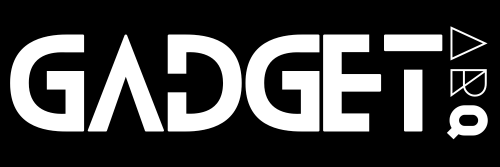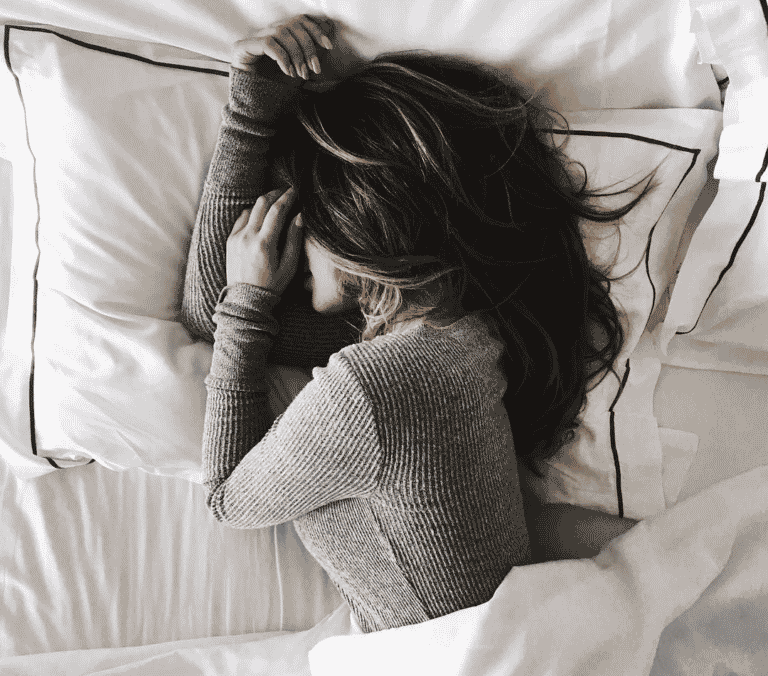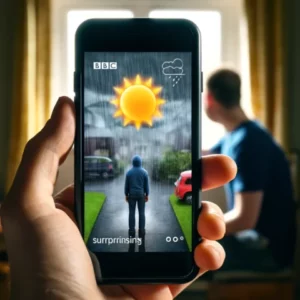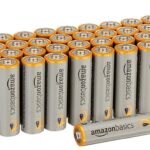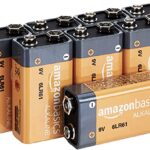Sleep trackers have grown in popularity as a tool for curious users to better understand their sleeping habits and obtain information that wasn’t previously available to them, but there are many factors to consider. You can track your sleep using fitness devices from brands like Misfit and Fitbit, but you can also buy specialized sleep technology, such as expensive sleep trackers that go under your mattress.
To have a better night’s sleep, you may upgrade your pillows and sheets, utilize a white noise machine, or even change your mattress. If you still have mornings when you feel sleepy and tired but can’t put your finger on the cause, a sleep tracker could be a useful tool to help you improve your sleep.
Here you’ll find detailed information on each of them, as well as additional sleep technologies available today. Our recommendations are based on our testing of the device with as many lie-ins as possible. Even if it’s a difficult assignment, someone must complete it. While discussing obtaining a good night’s sleep, read our in-depth advice on selecting a mattress.
What we will see here?
Withings Sleep Analyzer
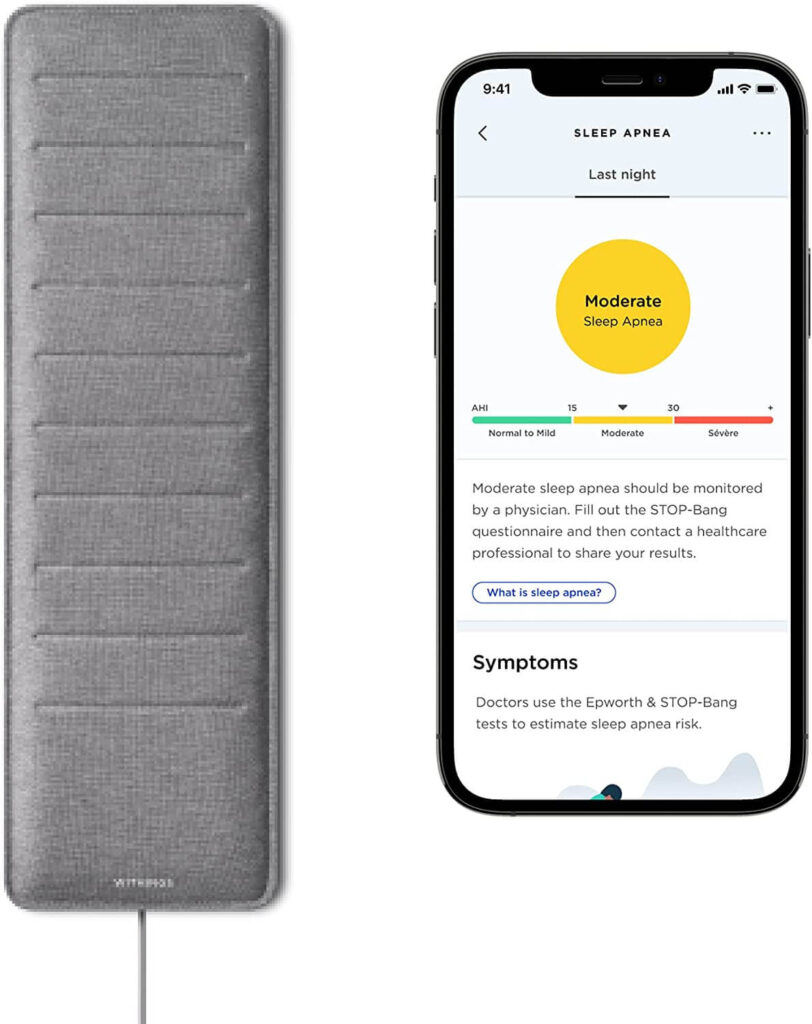
Pros
- No apparel is required.
- Sleep monitoring in secret.
- detection of sleep apnea.
Cons
- no intelligent features.
- Per individual, one tracker.
A dedicated sleep tracker like the Withings Sleep Analyzer is perfect for people who require a serious examination of their sleep health or who just don’t want to wear a wearable in bed.
It measures sleep quality and duration as well as snoring, heart rate, and sleep apnea to provide you with a reasonably thorough summary of your sleeping habits. The plain grey mat simply goes beneath your mattress.
The Sleep Analyzer is unobtrusive and requires no batteries, so it gets out of the way. However, because each person needs their own tracker, you must be serious about getting a good night’s sleep.
Withings ScanWatch
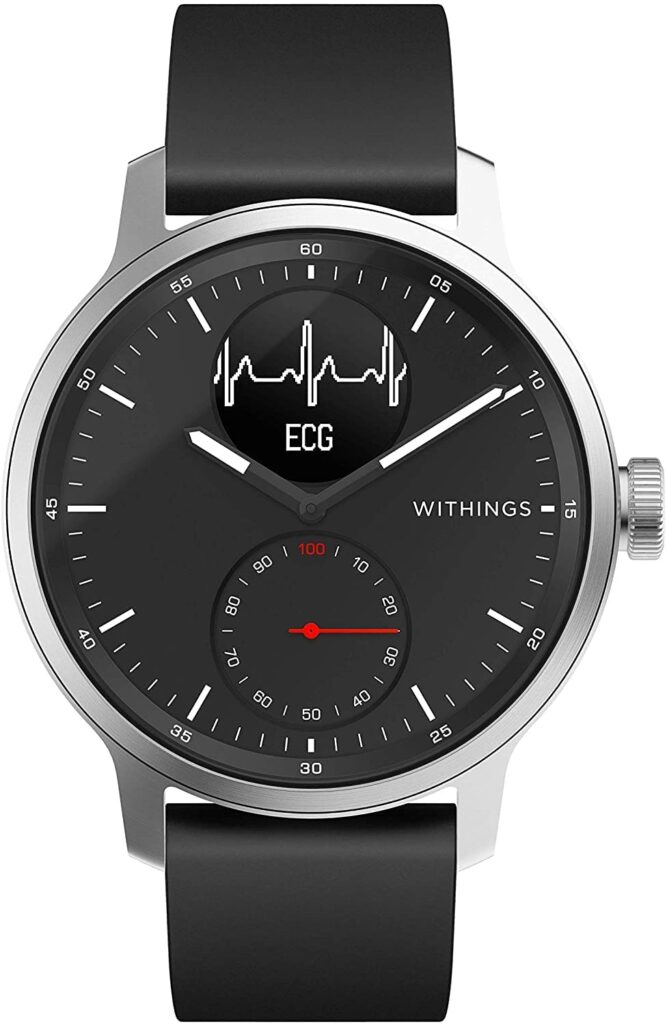
Pros
- keeps track of “breathing disturbances”
- Tracking your sleep in depth
- conventional wristwatch style
Cons
- Limited smart features and expensive
For individuals who desire all-day tracking and comprehensive sleep data, the Withings ScanWatch is a wonderful option for the Withings Sleep Analyzer.
The watch has a SpO2 sensor that is used to track sleep, with an emphasis on identifying breathing irregularities known as sleep apnea. Full sleep apnea tracking is currently unavailable, unlike the Sleep Analyzer, since it is awaiting approval. Breathing disturbances, a less exact measure, can nonetheless provide you with a basic sense.
Beyond apnea, the ScanWatch detects everything you’d anticipate, including sleep length, depth, interruptions, regularity, and sleeping heart rate. It then calculates an overall sleep score for each night out of 100, and it will also monitor your activity and exercise during the day.
Fitbit Versa 3
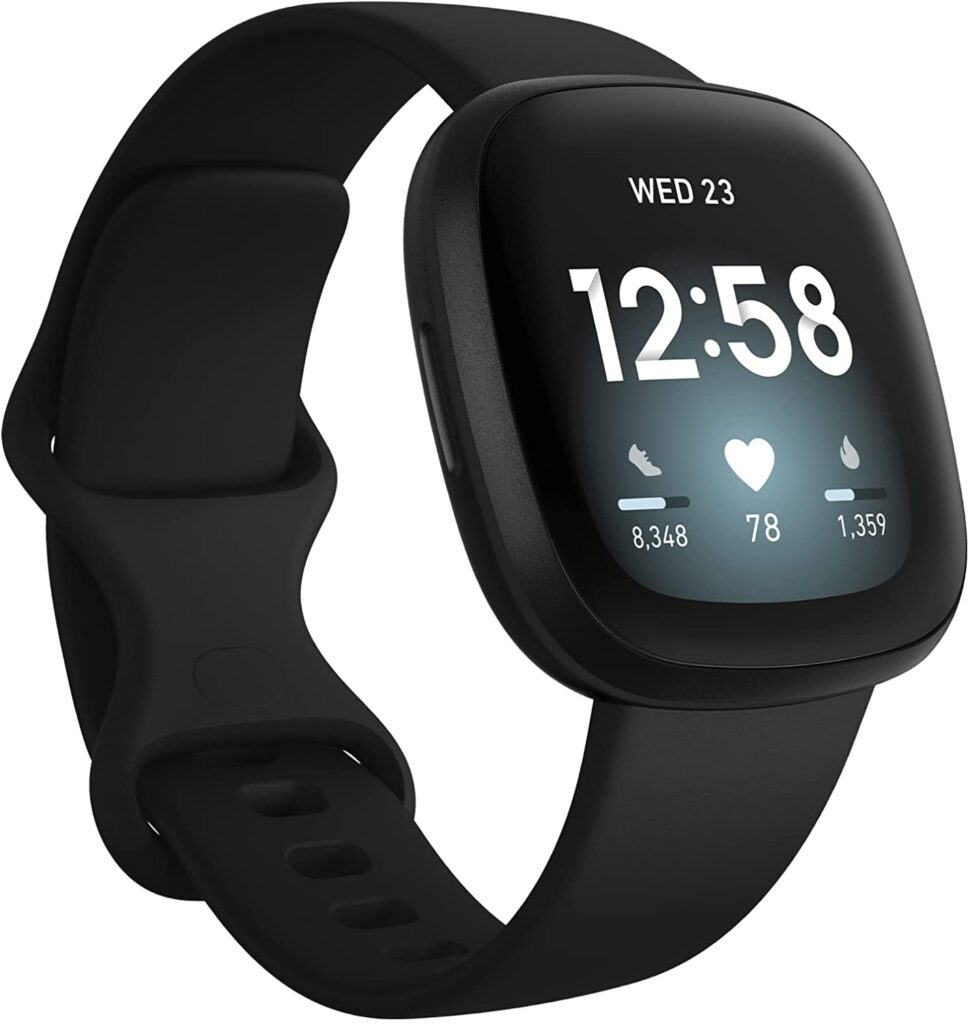
Pros
- superb sleep monitoring.
- Excellent characteristics of smartwatches.
- checks the blood oxygen level while you’re sleeping.
Cons
- Limited apps; expensive.
The Versa 3 wristwatch from Fitbit is a full-featured fitness tracker with integrated GPS and all the activity metrics you could want.
Like other Fitbits, it’s a fantastic sleep tracker as well. It has an auto-sleep mode that detects when you’re asleep without needing to be set to a “sleep” mode, unlike other trackers.
The three sleep stages of light, deep, and REM sleep are split into the total amount of sleep time.
It provides you with a nightly Sleep Score out of 100, along with Restoration (which compares your sleeping heart rate to your daily resting heart rate), and comprehensive information on how to enhance the quality of your sleep.
The Versa 3 measures your SpO2 blood oxygen saturation, much like the most expensive Fitbit Sense. Because your breathing rate is often slower when you sleep, your nighttime SpO2 is typically lower than your daily SpO2.
You also receive all the standard smartwatch capabilities, such as on-wrist phone calls, message alerts, and Alexa or Google voice assistants, as well as the fitness data (heart rate, cardio scores, and workout modes).
Kokoon Nightbuds
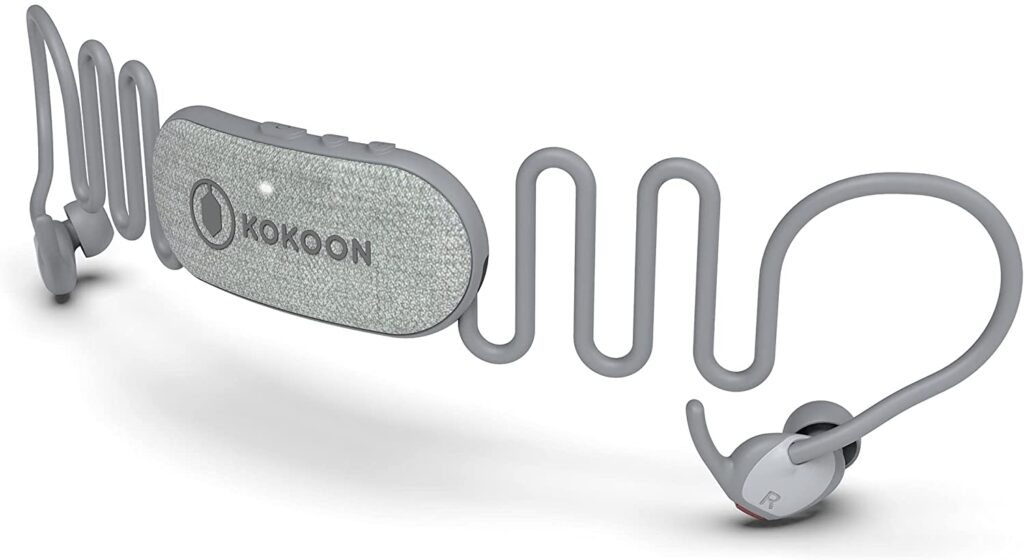
Pros
- the ability to perform great music.
- is cozy for side sleepers.
- In-app noises are many.
Cons
- erratic sleep monitoring.
- Earbuds are not charged by the case.
The Kokoon Nightbuds is a set of incredibly light and tiny earbuds that let you listen to relaxing music as you sleep.
It’s not the first device to provide that experience, but where it differs from products like the Bose SleepBuds II and Amazfit ZenBuds is the option to play your own music in addition to the vast selection of sounds provided by the Kokoon app. That’s a big deal in the world of sleep-focused earphones.
They are also quite comfortable, even for side sleepers because of their compact form and squishy silicone construction.
The only significant drawback is that the Kokoon app’s sleep monitoring is hit-or-miss, with some sleep sessions simply not being recorded (or synchronized). However, the company claims a fix is in the works, so it shouldn’t be a problem for long.
Fitbit Inspire 2
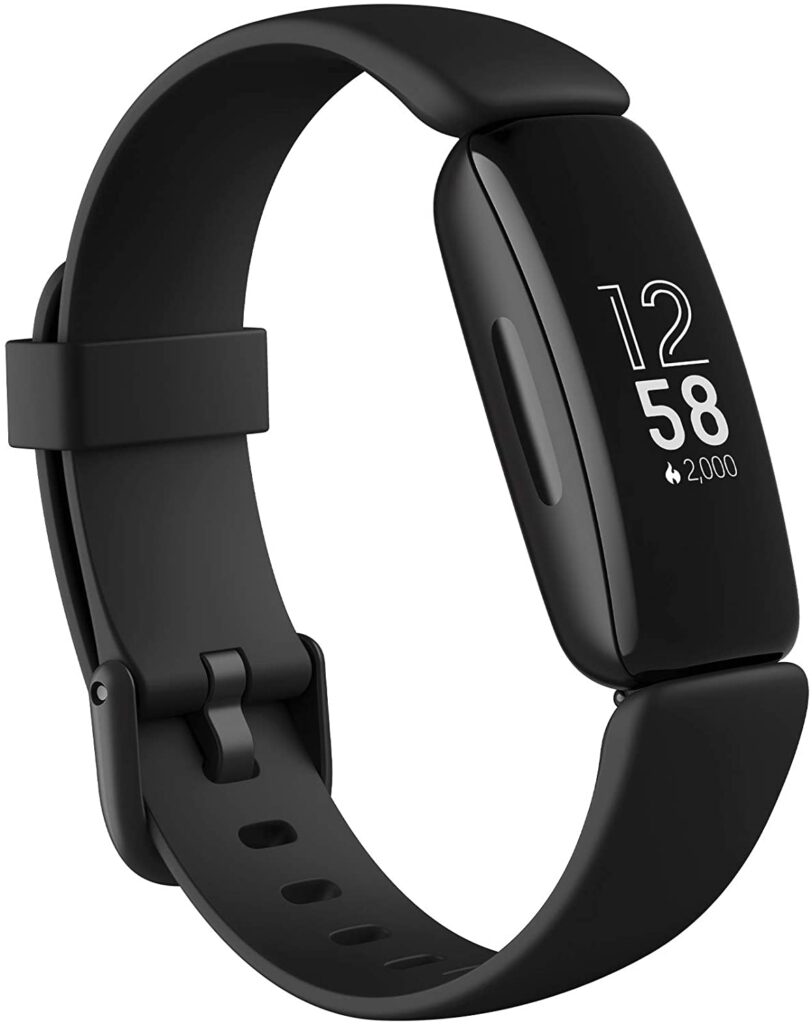
Pros
- Affordable.
- monitoring of sleep in depth.
- Quiet design.
Cons
- without blood oxygen monitoring
- monochrome screen
The casual get-fit consumer is more drawn to the Fitbit Inspire 2. Users will like the 10-day battery life, 1-inch monochrome display, replaceable wristbands, and new fitness capabilities.
Similar to the Fitbit Versa 3, it provides statistics on sleep time, quality including measurements of light, deep, and REM sleep, and score.
The Inspire 2 is a fantastic, reasonably priced activity tracker that also provides all the sleep-quality tracking you want but does not detect your SpO2 blood-oxygen level.
Huawei Watch Fit
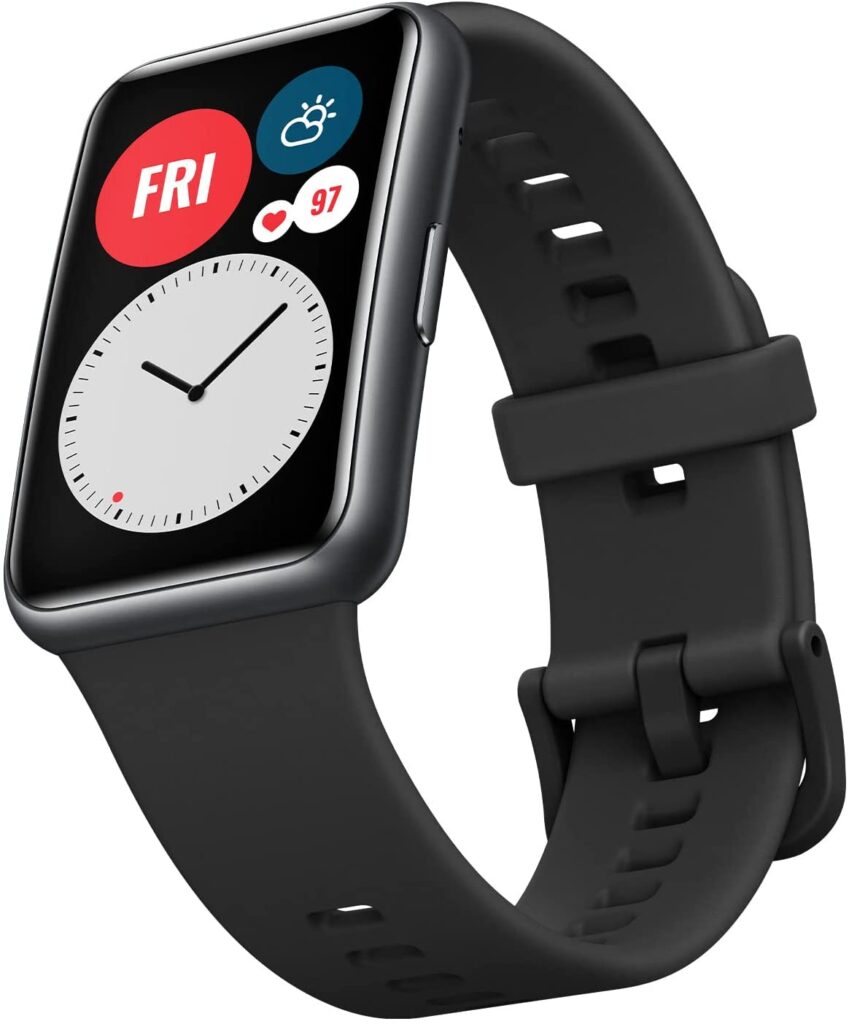
Pros
- sleek style.
- detailed sleep tracking with helpful advice.
- investigates breathing.
Cons
- The companion app needs improvement.
- No integration with outside apps.
Another great alternative is Huawei’s inexpensive but elegant Watch Fit, which offers not only comprehensive exercise monitoring and fitness training but also intelligent sleep tracking features.
When you go to sleep, the Watch Fit will automatically detect it. The following morning, it will give you a breakdown of your light, deep, and REM sleep as well as an analysis of your breathing using the SpO2 sensor. Additionally, it offers a database with more than 200 suggestions for how to sleep better based on your findings.
The 1.4-inch rectangular OLED display is a welcome addition, and it is reasonably priced and has long battery life.
Conclusion
Prior to moving on and explaining the types of factors to take into account when purchasing a sleep tracker, it is important to note the many types that are now available. Since the two roles need a comparable collection of sensors, most sleep monitors also serve as fitness trackers, though not all do. The fact that these sleep trackers will almost certainly need to be worn while you sleep may present a problem for some people. There are other choices on the market for that segment; the Withings Sleep Analyzer, for example, is simply a strip of sensors that are placed on your bed beneath your mattress and monitors your sleep while you lie on it.
Read More!
- Best smart scales for wirelessly weighing your weight!
- How to perform a Wi-Fi interference test?
- Amazfit GTR 3 – An Affordable Watch With Handful Of Fitness Features!
- Choose the best Fitbit from price, comfort, functionality, fashion angles!
- Fitbit Versa 4: Everything you need to know about the smartwatch!

